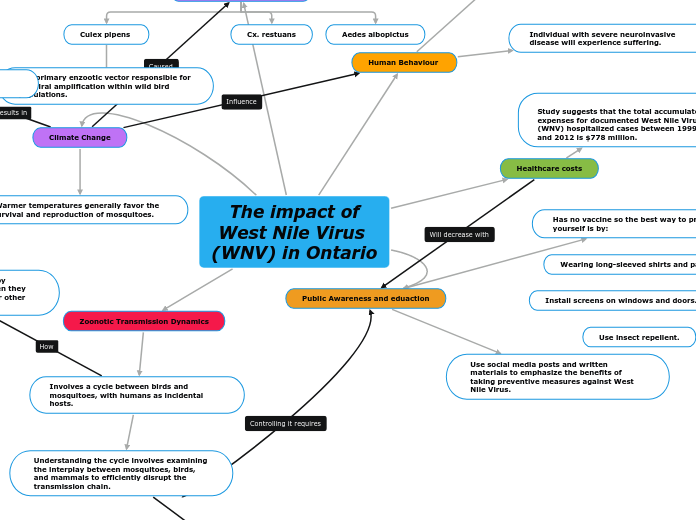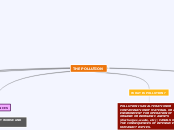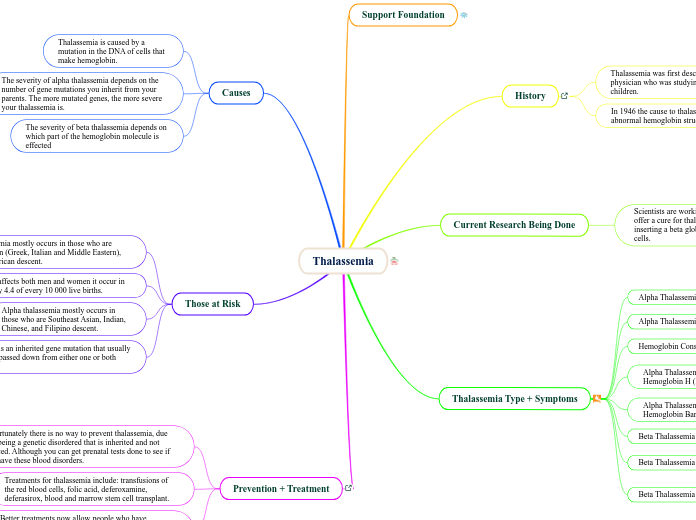The impact of West Nile Virus (WNV) in Ontario
Zoonotic Transmission Dynamics
Involves a cycle between birds and mosquitoes, with humans as incidental hosts.
Infected mosquitoes get the virus by feeding on an infected bird, and then they can transmit the virus to humans or other hosts through their bites.
Understanding the cycle involves examining the interplay between mosquitoes, birds, and mammals to efficiently disrupt the transmission chain.
Involvement of multiple species in the transmission process.
Healthcare costs
Study suggests that the total accumulated expenses for documented West Nile Virus (WNV) hospitalized cases between 1999 and 2012 is $778 million.
Human Behaviour
Individual with severe neuroinvasive disease will experience suffering.
Families and friends of the affected patients.
Engaging in outdoor activities
The increase in the chances of individuals getting bitten by mosquitoes.
Climate Change
A higher chance of mosquitoes survival during winter.
Warmer temperatures generally favor the survival and reproduction of mosquitoes.
Public Awareness and eduaction
Has no vaccine so the best way to protect yourself is by:
Wearing long-sleeved shirts and pants.
Install screens on windows and doors.
Use insect repellent.
Use social media posts and written materials to emphasize the benefits of taking preventive measures against West Nile Virus.
Spread of Mosquito species
Aedes albopictus
Cx. restuans
Culex pipens
The primary enzootic vector responsible for the viral amplification within wild bird populations.









